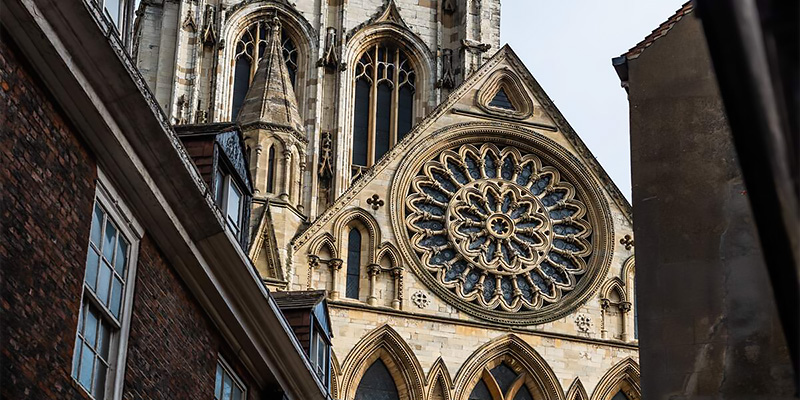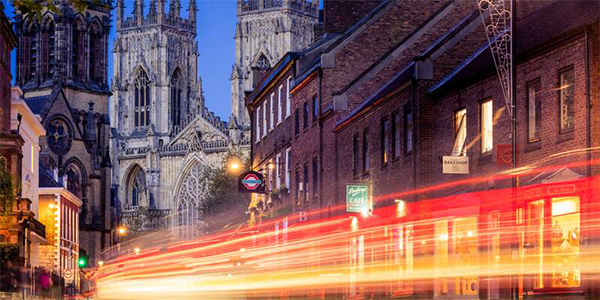
NSTAR 2024
The School of Physics, Engineering and Technology are delighted to announce that we are hosting the 14th International Workshop on the Physics of Excited Nucleons.
The well-established NSTAR workshop brings together expertise from both experiments and theory to discuss the current progress and future prospects on the physics of the Baryon spectrum and the structure of excited nucleons. Studying the nucleon excitation spectrum provides a toolset to investigate the strong interaction in the non-perturbative regime and allows us to understand how the various baryons emerge from quantum chromodynamics (QCD).
Effective field theories, QCD-inspired models, and Schwinger-Dyson approaches to QCD aim to identify the key degrees of freedom describing the nucleon, while lattice QCD provides first-principle calculations at a precision that can confront experiment. A plethora of high-quality experimental results utilising photo- and electro-production reactions, hadron-induced reactions, e+e- and ion collisions provide experimental constraints that allow us to study in detail several aspects of the baryon spectrum including reaction amplitudes, electrocouplings, and the excited nucleon structure.
The workshop will take place at the Hilton Hotel in York from Monday 17 June to Friday 21 June 2024.
Workshop information
This workshop will enable and promote synergies between experimentalists and theorists to address some of the open key questions in hadron physics related to the nature of hadron mass, quark-gluon confinement, and their emergence from QCD via the exploration of the baryon structure and spectrum.
The program will comprise a series of invited plenary talks and contributed parallel sessions.
Important dates
- Abstract submissions open 15 January
- Deadline for abstract submissions 12 April
- Registration deadline 17 May.
The workshop will cover topics such as:
- Baryon spectrum through meson photoproduction
- Baryon resonances in experiments with hadron beams and in the e+e- collisions
- Baryon resonances in ion collisions and their role in cosmology
- Baryon structure through meson electroproduction, transition form factors, and time-like form factors
- Amplitude analyses and baryon parameter extraction
- Baryon spectrum and structure from first principles of QCD
- Exotic Baryons
- Advances in the modelling of baryon spectrum and structure
- Facilities and future projects
- Other topics related to N* physics.
The city of York
York is an idyllic city packed with historical charm and fun activities for you to attend. The city is perfectly placed halfway between London and Edinburgh, making it an ideal stopping point.
